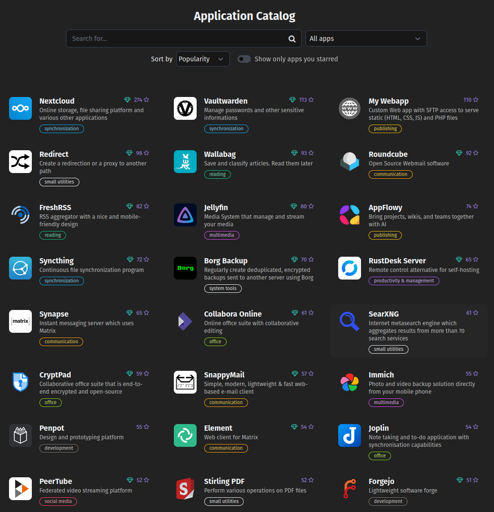In Italian it’s not really used. There’s an extremely fringe group of people who use singular pronouns “Io” (I) but plural adjectives and participles. “Io sono andati” instead of “Io sono andato” or “Io sono stanchi” instead of “Io sono stanco”.
These are regarded as people who spend too much time on Tumblr and consume American media even within the most militant corners of the transfeminist movement, so it doesn’t have much traction.
Most of the discourse is about gender-neutral language rather than pronouns.
To add to the confusion, Italian has no neutral gender, only male and female, but it retains neutral pronouns: esso/essi. The problem is that by ending in “o”, most people think this is an alternative masculine pronoun and use it interchangeably with the masculine pronouns “egli” or “lui”.









Met two people from Transnistria, one from the Isle of Man and one from Micronesia. I wouldn’t say they are super rare but I’m quite sure most American would consider these fictional countries.